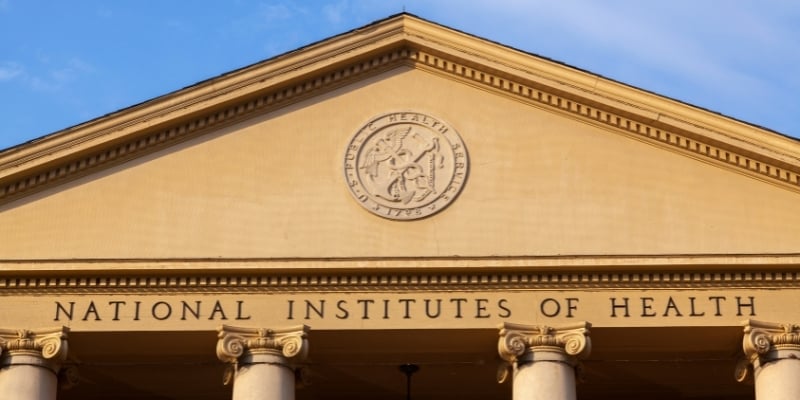A wave of emotions swept over me as I read the University’s notice that we would no longer be able to hold in-person events larger than 75 people due to COVID-19. This news would inevitably threaten the long-anticipated 12th annual Research Day Symposium, an event that the Center for Health, Work & Environment had been planning for an entire year. Although disappointment swept the office, Center Director Lee Newman remained positive. Knowing the importance of this event to students, instructors, and environmental and occupational health professionals, Lee encouraged us to hold the event in an online format. Our team huddled together every day for two weeks to figure out how to make the event happen, using it as an opportunity to hold the first virtual Research Day which turned out to be a great success!
Dr. John Howard, the director of the National Institute for Occupational Safety and Health (NIOSH) began the day with a keynote presentation on the future of work and technology, an apt subject for a virtual conference. Students from each of the five Mountain and Plains Education & Research Center (MAP ERC) programs presented platform presentations, posters, and 5-minute ignite sessions. The 100 virtual attendees were highly engaged, listening and participating in interactive Q&A discussions.
The following students were awarded by a panel of judges made up of academics and professionals for the best poster presentation in each of the five MAP ERC program categories and environmental and occupational health, as well as an award for the best platform presentation:
- Environmental and Occupational Health: Lauren Zell-Baran, Engineered stone silicosis: An emerging global outbreak with impacts in Colorado
- Ergonomics and Safety: Molly Hischke, Quantifying trunk postures in vegetable and fruit pickers in Colorado and Sardinia
- Health Physics: Anna Deak, Radiocesium size categorization of suspended particles in Fukushima contaminated water
- Industrial Hygiene: Grant Erlandson, Hypertonic saline rinse and its effect on nasal inflammation and microbiome in dairy workers
- Occupational Health Psychology: Kelly Cave, A work-life balance training intervention: Motivating training transfer
- Occupational Medicine: Stephanie Stewart, Association of Marijuana, mental health, and tobacco in Colorado
- Platform: Colleen Brents, Occupational Injuries in the Colorado Brewing Industry: An assessment of accident narratives & Joshua Hayes, Establishing pseudo Pelger-Huet anomalies as biodosimeters in mammalian apecies
The theme of the event, “Assessing the changing nature of work, climate change and emerging diseases in the 21st century,” was reflected on given the current pandemic. I was able to tie the new conference format into my presentation that day, which analyzed the carbon impact of academic travel and provided recommendations for ways organizations can reduce their carbon footprint. Based on polls taken by participants, holding the conference virtually instead of in-person resulted in eliminating 6,000 miles of car and air travel, which would have created 4,000 pounds of CO2. Holding a virtual conference was one of my recommendations to organizations and Research Day 2020 was a prime example of how doable and successful a virtual conference can be.






